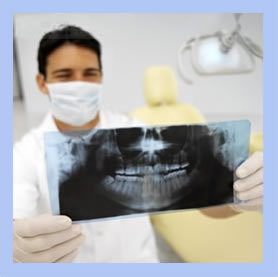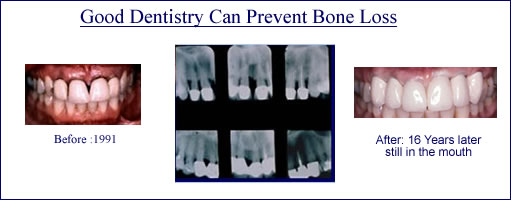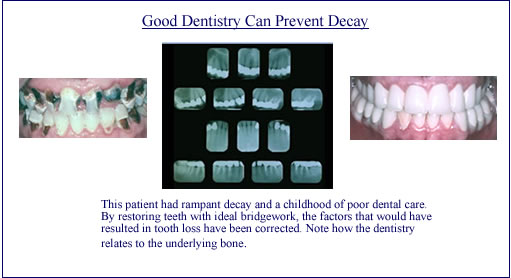
Critical Factors for Dental Health and Well-Being
- Teeth that function properly allow good nutrition contributing to overall health.
- Unhealthy teeth and gums can contribute to pain syndromes and systemic conditions.
- Dentistry is critically important for self esteem and well being.
- A nice smile projects attractiveness, pleasant disposition and self-confidence
Teeth that function properly allow good nutrition is critically important to health and well-being. Teeth that function properly are essential for optimal nutrition. Unhealthy teeth and gums can contribute to systemic conditions as bacteria from the mouth can more easily enter the blood stream. The smile also reveals a great deal about a person—not only one’s disposition, but how much value one places on appearance as well. It is an important ingredient for success and self-esteem—every bit as important as expensive jewelry or a fancy car. A nice smile communicates confidence, attractiveness and friendliness.
The primary purpose of dental restorations is to prevent patients from losing their teeth. Successful dentistry should last for many years in health, provides comfort and function, improves esthetic appearance and often includes a contingency plan in the event that something goes wrong. Dentistry, like the rest of the structures in the human body, may not last a lifetime. Successful Dentistry, however, preserves the teeth for the day when the dental restorations must be remade due to changes in the oral cavity or wear of the materials.
Good Dentistry can Prevent Decay
Dental restorations that are properly designed, seals the teeth against decay. Decay is prevented by designing the crowns like the mason jar cover—one of the best known techniques for preserving food from spoilage by bacteria. The teeth are prepared with a ledge at the gumline like a mason jar and the crowns are extended beyond this ledge to cover all of the root surface below. Recurrent decay under crowns is rare when copper band impression techniques are used according to this concept. (Read more on Salvaging Hopeless Teeth…)
Good Dentistry Can Prevent Bone Loss
Good Dentistry can prevent bone loss by creating ideal architecture that promotes health and by reducing the forces on the supporting structures. Properly designed dentistry prevents disease by using sound engineering principles to:
- bring chewing and biting forces closer to the supporting structures (the bone and roots),
- reduce the load on the bone and roots
- evenly distribute the load on the supporting structures
- eliminate abnormal, destructive forces
- promote health and cleansibility.
Recession and Bone Loss made this patient’s front teeth loosen and separate. X-Rays show that after restorative dentistry was designed with the above principles, no further bone loss occurred during the past twelve years—despite cancer and chemotherapy! The X-Rays show how the restorations are brought close to the level of the bone.
Dentistry is Fascinating!
The art and science of Dentistry has many facets that include knowledge of biology, medicine, engineering, materials science, psychology, business, artistry, humanitarianism and leadership. Good dentistry is not only life-enhancing; it is every bit as dramatic as plastic surgery. Dentistry is one of the few fields where everything made for a patient is custom made to tolerances within tenths of millimeters. Fabricated from precious materials, it is comparable to the most exquisite jewelry. Unlike jewelry, however, dental restorations are designed to withstand significant forces in a wet environment loaded with bacteria 24 hours a day.
The art and science of Dentistry has many facets that include knowledge of biology, medicine, engineering, materials science, psychology, business, artistry, humanitarianism and leadership. Good dentistry is not only life-enhancing; it is every bit as dramatic as plastic surgery. Dentistry is one of the few fields where everything made for a patient is custom made to tolerances within tenths of millimeters. Fabricated from precious materials, it is comparable to the most exquisite jewelry. Unlike jewelry, however, dental restorations are designed to withstand significant forces in a wet environment loaded with bacteria 24 hours a day.

